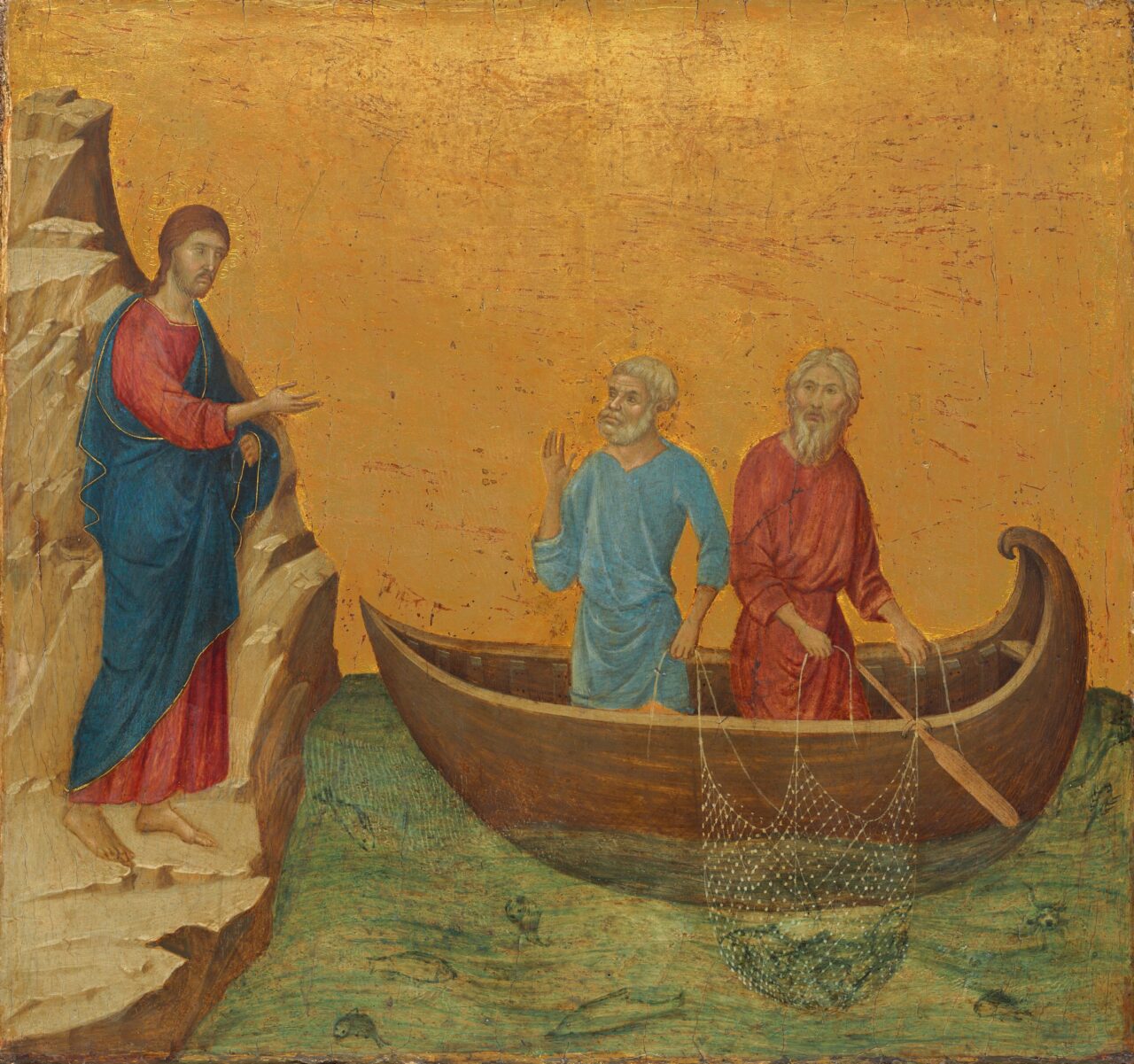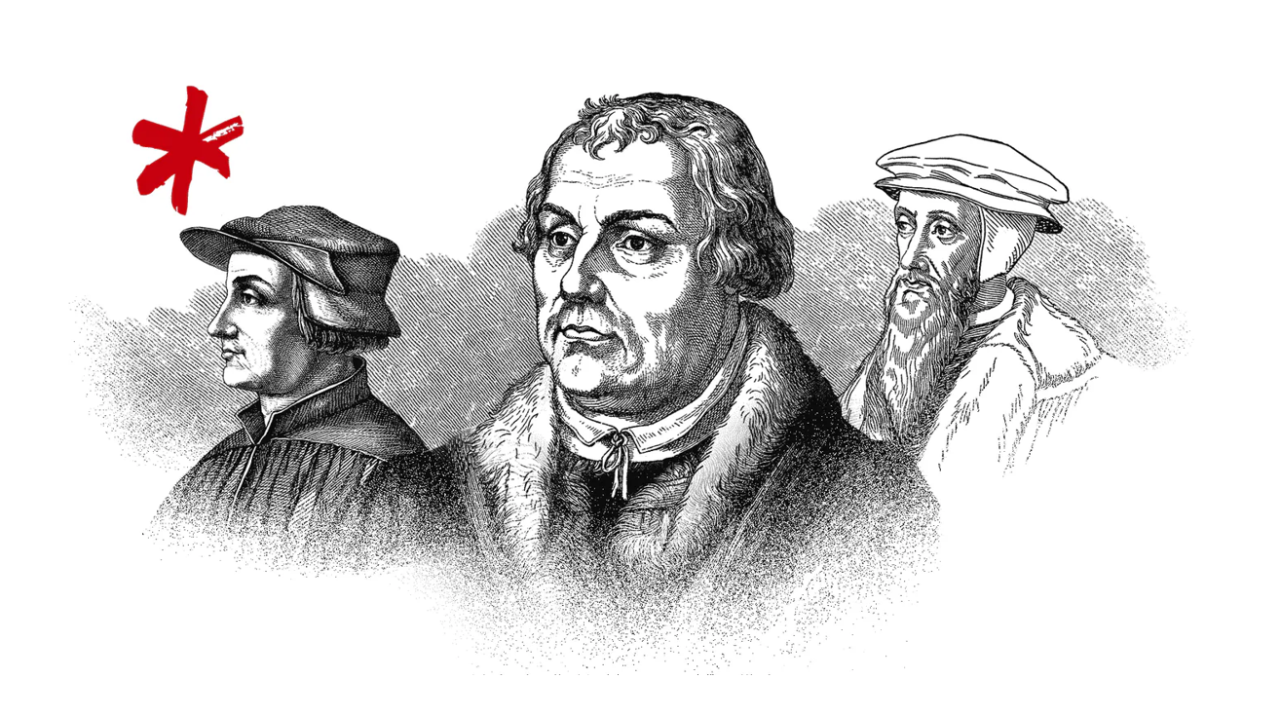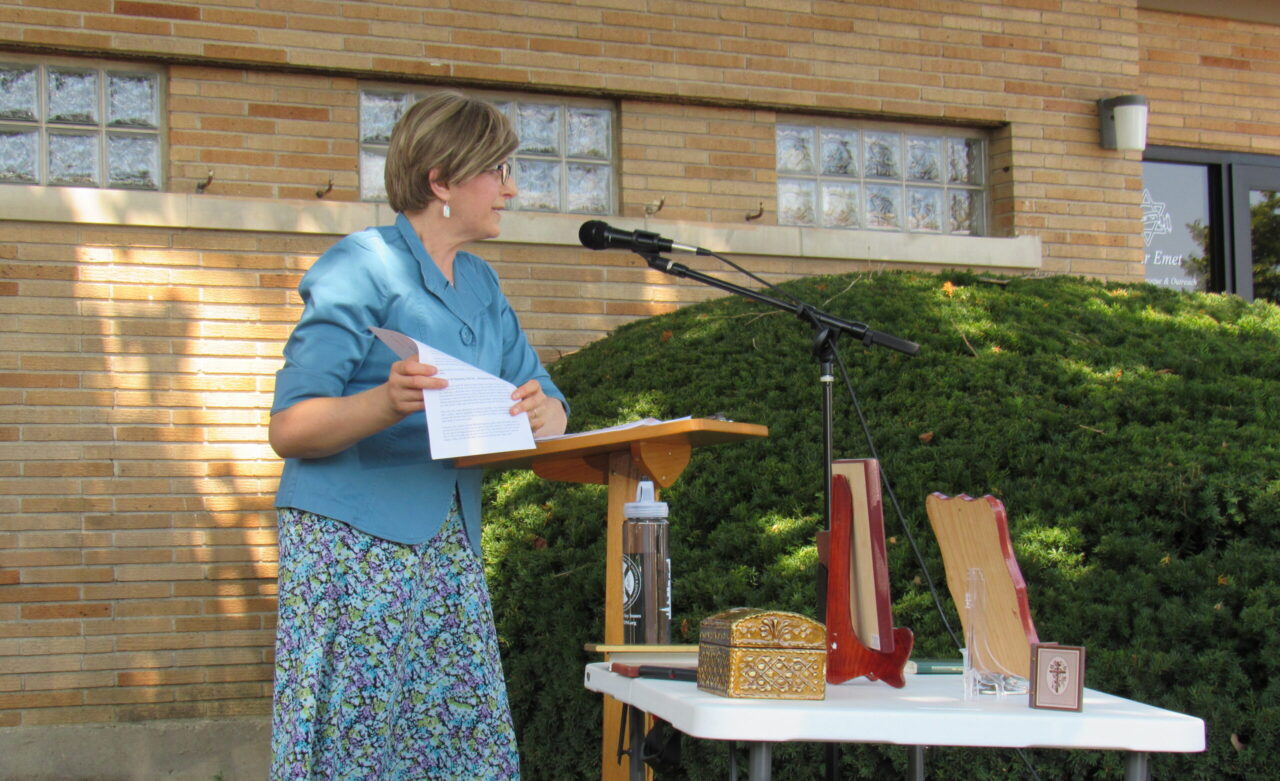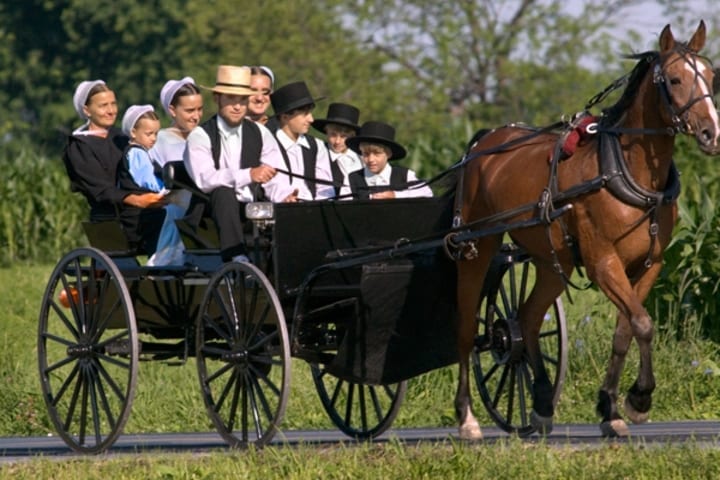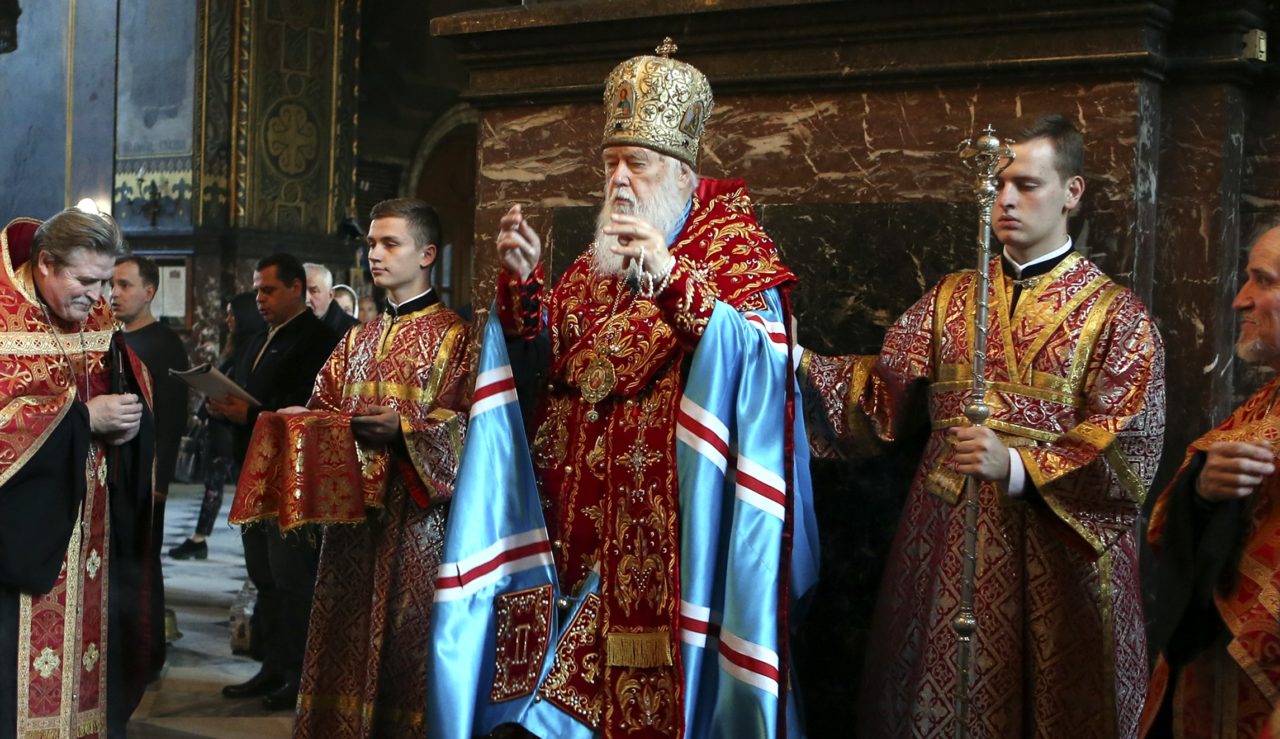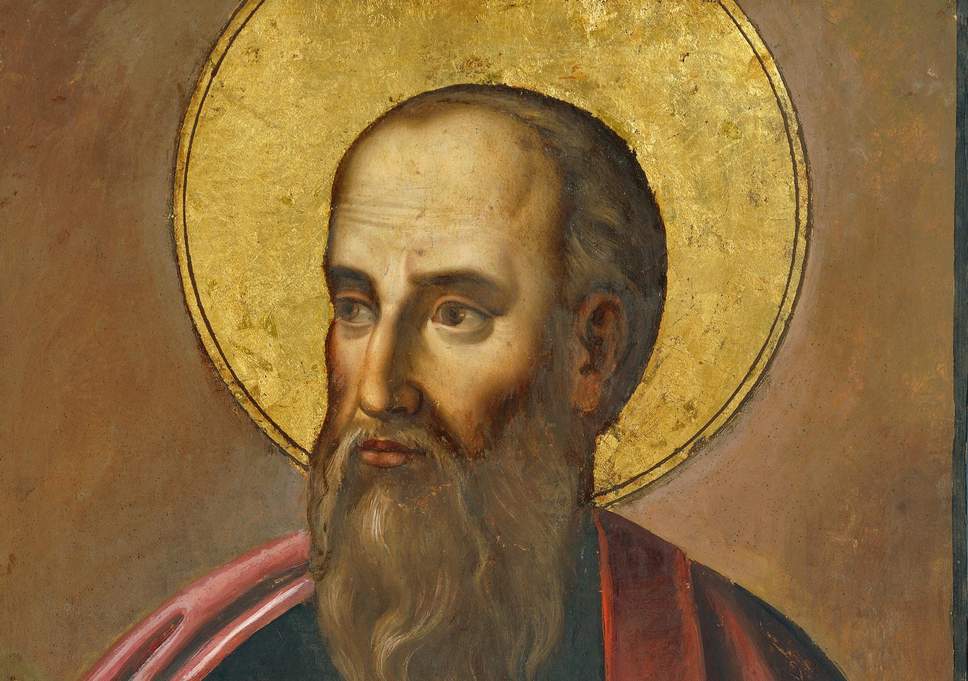Category: Protestant
-

Rules for Me, Not for Thee
The Bible talks a great deal about brothers and neighbors. We must love our neighbor as ourselves, reconcile with our brother before we present our offerings to God, and not bear false witness against our neighbor. I wish now to discuss protocol towards those who are not our brothers or neighbors. Just as the Good…
-

Word and Bread and Flesh and Blood
Introduction The Bread of Life Discourse is one of Jesus’ most famous sermons. In John 6, Jesus teaches that He is the bread who comes down from heaven (John 6:33); that He will give us His flesh to eat (John 6:51); and that, unless we “eat the flesh of the Son of Man and drink…
-

A Careful Critique of Calvinism
[1] Before I go into this article I want to comment on what a joy it has been to have this continuing series of articles with Camille. Much of what we discuss on the topic of salvation and predestination happens during long and fervent phone calls. Starting with an article discussing what it means to…
-

Christianity, the Non-Mystic
I recently had a conversation with fellow theologians, and we came across the topic of magic. It’s certainly one thing to argue for or against arcane elements in works of fiction, but I heard some propose that magic exists in the real world. This sentiment, as lunatic as it may sound to the uninitiated Protestant…
-

Morning Walk Conference: Join Our Livestream!
Greetings! The Morning Walk Conference has been in the works for a year, and it will start tomorrow afternoon! For those unable to attend, we will stream our conference on YouTube. On both Saturday and Sunday, feel free to join in the livestream chat and type in your questions for the keynote speakers. All times…
-

Church and State Part Four: The Reformation
This is the fourth and last installation of a series of articles in which I present my view of church history with a focus on the relationship between church and state. In my last article, I covered the middle ages. Today I cover the Reformation. Because excommunication was being used so much as a punishment…
-

Christianity of the Third Millennium
I can see the merits of Sola Scriptura. I can see why so many people choose to adopt that ideology. Just as Jesus seemingly condensed the law into two rules, so a summary compilation of the tenets of the faith, the Bible, condenses the work of millennia. It’s easier to read, and, in theory, it’s…
-

The Point of Denominations
In my region of the world, it’s a taboo for a church to have a denomination. Churches that have one are said to be divisive and misleading. I disagree. Christianity is the only ideology that can span all times, cultures, and situations, but show me a single organization that could manage that much territory. No…
-

A Confutation on Circumcision
This article is a continuation of the discussion Zach, Anisha and I are having concerning whether circumcision is efficacious, a proposal that we both think has strong implications for Baptism. I want to revisit Zach’s most recent article and respond to its claims. At the beginning of Zach’s article, he problematically states that “Efficacy entails…
-

So that No Man may Boast
Oftentimes in conversations with Christians of the reformed tradition, a discussion of the goodness of man and how that relates to the divine plan of salvation will arise. During these conversations I have found that a difference in definitions to be harmful to actually discussing the issues at hand. Add to the differing nomenclature palates…

